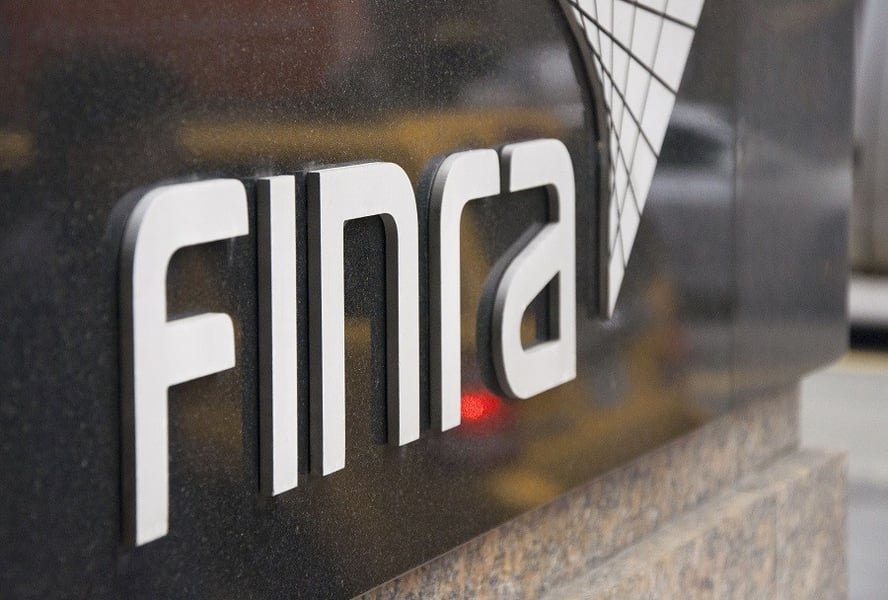

Oppenheimer & Co. Inc. last week lost another Finra arbitration case involving an alleged Ponzi scheme run by a former broker.
A unanimous three-person Financial Industry Regulatory Authority Inc. arbitration panel ordered Oppenheimer to pay $1,483,670 in compensatory damages to two investors, Bruce Cullen Sr. and Rosemarie Cullen, according to the March 2 award.
In their arbitration claim filed in November 2021, the Cullens said their cause of action against Oppenheimer involved investments in the private equity fund Horizon Private Equity III.
The fund was also at the heart of Oppenheimer’s $36.7 million Finra arbitration loss last September involving eight other investors. The fund was run by a former Oppenheimer broker, John J. Woods.
In August 2021, the Securities and Exchange Commission filed charges against Woods, alleging that he operated a $110 million Ponzi scheme tied to Horizon. The SEC said Horizon raised capital from more than 400 investors in 20 states.
“Horizon did not earn any significant profits from legitimate investments, and a very large percentage of purported ‘returns’ to earlier investors were simply paid out of new investor money,” the agency said in an Aug. 25, 2021, statement.
The Cullens claimed that Oppenheimer violated Finra supervision rules as well as California law. The firm denied the allegations, according to the award document. The Cullens sought $2.5 million in compensatory damages, punitive damages, costs, attorneys’ fees and other damages.
The arbitrators dismissed motions by Oppenheimer to dismiss the case and to postpone the hearing.
A lawyer for the Cullens declined to comment. Oppenheimer also declined to comment.
Woods, who is no longer registered as a broker, had 43 regulatory disclosures over 27 years in the industry working for three different firms, according to his BrokerCheck record.

The leadership changes coming in June, which also include wealth management and digital unit heads, come as the firm pushes to offer more comprehensive services.

Strategist sees relatively little risk of the university losing its tax-exempt status, which could pose opportunity for investors with a "longer time horizon."

As the next generation of investors take their turn, advisors have to strike a fine balance between embracing new technology and building human connections.

IFG works with 550 producing advisors and generates about $325 million in annual revenue, said Dave Fischer, the company's co-founder and chief marketing officer.

Five new RIAs are joining the industry coalition promoting firm-level impact across workforce, client, community and environmental goals.
RIAs face rising regulatory pressure in 2025. Forward-looking firms are responding with embedded technology, not more paperwork.
As inheritances are set to reshape client portfolios and next-gen heirs demand digital-first experiences, firms are retooling their wealth tech stacks and succession models in real time.
